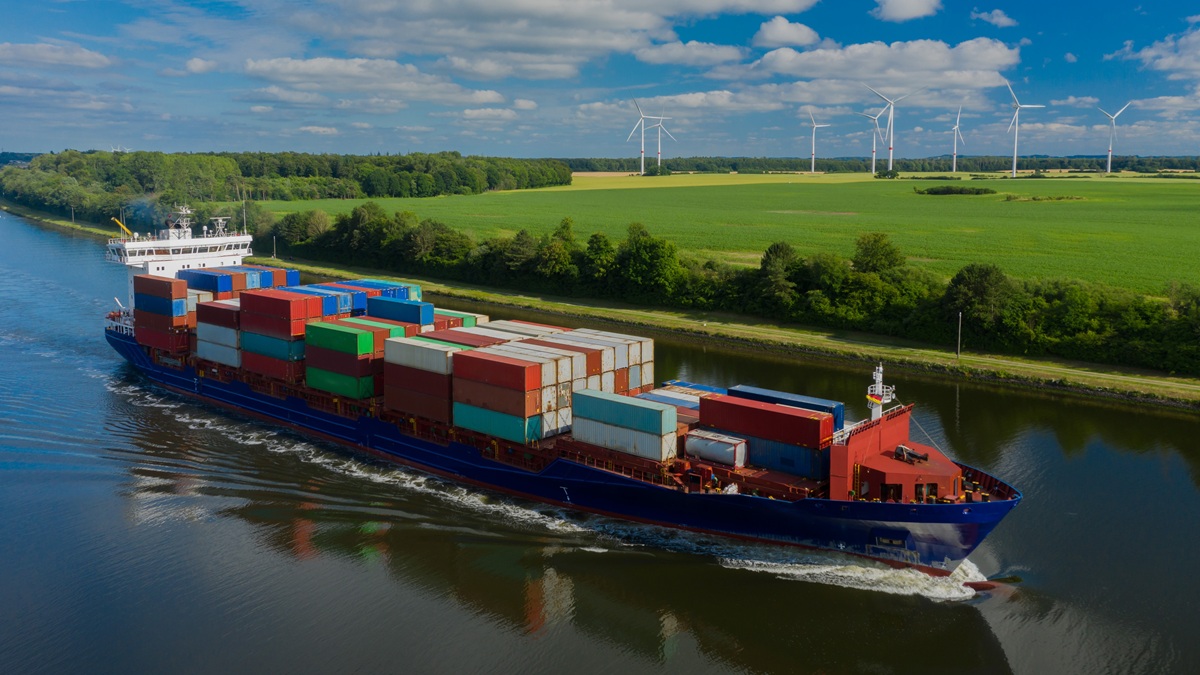The e-learning course aims to shore up trade measures that foster low-carbon and sustainable value chains in support of global action on climate change.

© Shutterstock/Snapshot freddy
The e-learning course, launched on 7 November, seeks to help countries better harness trade as a catalyst for national climate and development goals.
More than 500 participants – government officials, academics, entrepreneurs and civil society representatives – from 114 countries have registered for the six-week programme led by UN Trade and Development (UNCTAD) and partners.
“Our research and technical cooperation experience highlight the importance of capacity-building to help policymakers identify and seize untapped opportunities at the intersection of trade and climate action,” said Chantal Line Carpentier, who leads UNCTAD’s work on trade, environment, climate change and sustainable development.
From guidance to practice
The e-learning operationalizes UNCTAD’s latest guide entitled “Trade policies to advance national climate plans”, for launch during the UN climate change conference COP30 currently underway in Belém, Brazil.
The guide has been piloted and improved through consultations in The Gambia and Madagascar, and peer-reviewed with Member States and experts to ensure that its recommendations are practical and tailored to country-specific needs.
The guide offers tools for mainstreaming trade-related measures into national climate action plans, also known as Nationally Determined Contributions.
It identifies climate-strategic sectors, and how trade can help lower costs and expand access to environmental goods and services, ensuring that prosperity and planetary health can go hand in hand.
“Well-designed trade policies and trade-related regulations, including non-tariff measures, play a vital role in tackling climate change by facilitating access to green technologies, promoting sustainable production and supporting developing countries in building climate-resilient economies,” said Ralf Peters, head of trade analysis at UNCTAD.
Separately, UNCTAD and partners are set to kick off in December, another three-part online training series focusing on emerging issues at the interplay between trade and sustainable development.
These webinars will explore climate change and trade policy, emerging ocean economic sectors, global negotiations on a treaty to end plastic pollution, and ways to promote circularity in plastics.
Building on strong initial interest, UNCTAD is exploring further opportunities for collaboration with developing countries to apply the guide, linking trade, investment and finance to power sustainable and climate-resilient development for all.


